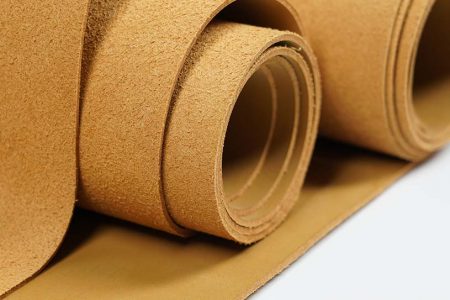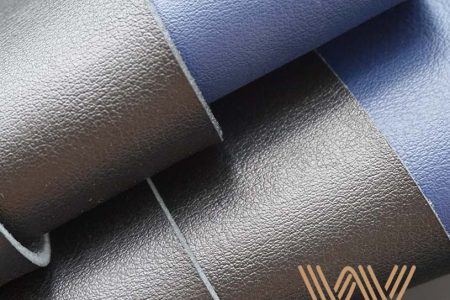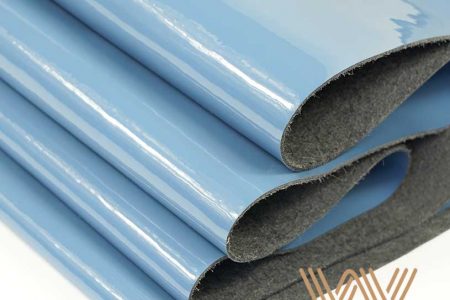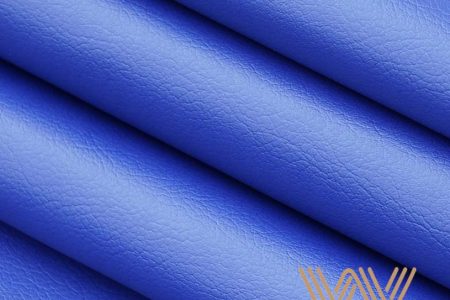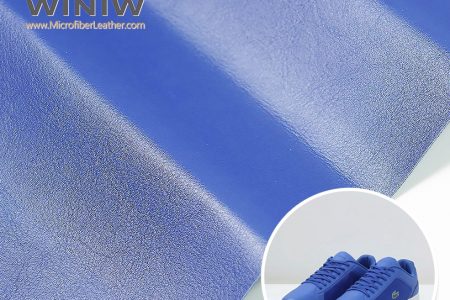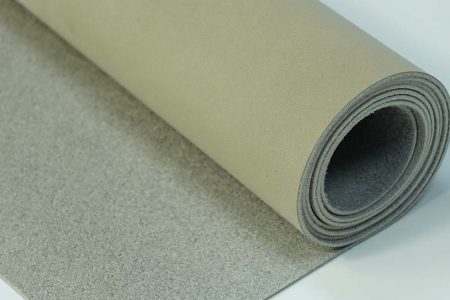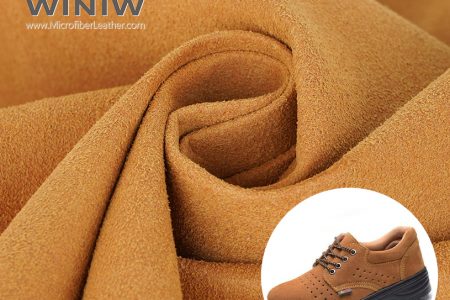- Is PVC a safe plastic?
Polyvinyl Chloride, commonly known as PVC, is a widely used plastic in various products due to its strength, durability, and affordability. Despite concerns over the safety of PVC, scientific studies have consistently shown that PVC is a safe plastic when used and disposed of properly.
Firstly, PVC is extensively tested for toxic chemicals and has been shown to meet safety standards. Manufacturers are required to ensure that PVC products are free from hazardous substances such as lead, cadmium, and phthalates, which are commonly added to plastics to enhance properties but have been linked to health risks. Additionally, PVC is a fire-resistant material, making it a preferred choice in construction applications.
Secondly, PVC is recyclable and can be reused in a wide range of products, including pipes, flooring, and packaging materials. Recycling PVC not only conserves energy and resources but also reduces the amount of plastic waste in landfills, thereby mitigating environmental impacts.
Moreover, PVC has a low carbon footprint compared to other plastics. PVC production consumes less energy and generates lower greenhouse gas emissions than many other types of plastic. Furthermore, PVC products have a long lifespan and require minimal maintenance, making them a sustainable choice for consumers.
In conclusion, PVC is a safe and effective plastic when used responsibly. Manufacturers, retailers, and consumers should continue to prioritize the safe production, use, and disposal of PVC products to ensure a healthy and sustainable future for our planet.
2. How long does PVC fabric last?
PVC fabric is a popular material used in various industries such as construction, agriculture, and automotive. It is highly durable, versatile, and cost-effective, making it an excellent choice for a wide range of applications.
When properly maintained, PVC fabric can last for many years. The lifespan of PVC fabric depends on several factors, including its quality, thickness, and frequency of use. High-quality PVC fabric can last up to 20 years or more, while lower quality PVC fabric may only last for a few years.
To extend the lifespan of PVC fabric, it is essential to take proper care of it. Regular cleaning and maintenance, such as washing with soap and water and avoiding exposure to extreme weather conditions, can help prolong its life. Additionally, storing PVC fabric correctly when not in use can prevent damage and prolong its lifespan.
Overall, PVC fabric is a durable and long-lasting material that can withstand wear and tear over time. By taking care of it properly, you can ensure its longevity and get the most out of your investment.
3. Is PVC fabric bad for the environment?
PVC fabric, also known as vinyl fabric, has been controversial in terms of its impact on the environment. But with advancements in technology, the negative impact of PVC fabric has been significantly reduced.
Firstly, PVC fabric is highly durable and long-lasting, meaning that it does not need to be replaced often. This reduces waste and the need for frequent productions, leading to a reduction in the overall environmental impact.
Secondly, PVC fabric is recyclable. This means that it can be used again and again, reducing waste and pollution by keeping it out of landfills.
Finally, many manufacturers have switched to using more eco-friendly materials in the production of PVC fabric. These materials are more sustainable and less harmful to the environment.
In conclusion, while PVC fabric has had a negative reputation in the past, advancements in technology and a push towards more eco-friendly practices have led to a more positive outlook. With its durability, recyclability, and the switch to more sustainable materials, PVC fabric can be used without causing detrimental harm to the environment.

WINIW PVC LEATHER FOR SANDALS

